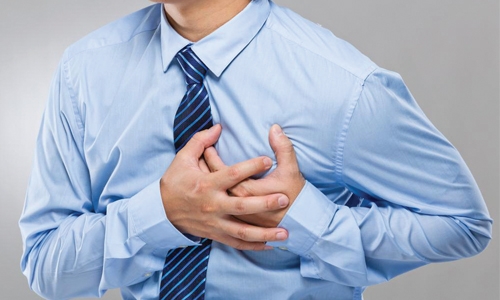Heart surgery patients at risk for deadly infection
Washington : Patients who have undergone open heart surgeries since 2012 may be at risk of a life-threatening infection linked to a medical device used during their operations, health officials warned.
Patients who have had valve implants or prosthetic product implants are at higher risk of infection with a bacterial species of nontuberculous mycobacterium (NTM), according to the Centers for Disease Control and Prevention. Based on the number of surgeries conducted over the past four years, an estimated 600,000 patients are at risk for a potential infection.
The CDC has confirmed infections in 28 heart surgery patients in the US. Meanwhile, worldwide, at least 12 patient deaths have been reported, according to the Food and Drug Administration.
Though upsetting, this news should not raise pulses, says Dr. Vinod Thourani, co-chair of the American College of Cardiology’s surgeon’s council. “The overall risk is exceedingly low,” said Thourani, who is also a professor and chief of cardiothoracic surgery at Emory University Hospital.
The CDC estimates that in hospitals where at least one infection has been identified, the risk of a patient getting an infection from the bacteria is between about one in 100 and one in 1,000.
The source of a potential infection is the Stockert 3T heater-cooler device, produced by LivaNova PLC.
Heater-cooler devices are commonly used during cardiac surgical procedures to warm and cool a patient’s blood and organs. During manufacture, these devices may have become contaminated with NTM.
Symptoms of infection with NTM include night sweats, muscle aches, joint pain, weight loss, fatigue and unexplained fever. The pulmonary illness can take more than a year of antibiotic treatment to cure.
Between January 2010 and August 2016, the FDA received 91 reports of patient infections worldwide associated with the 3T heater-cooler unit, noted Kotz, and of these 91 reports, at least 79 infections were confirmed.
Related Posts

